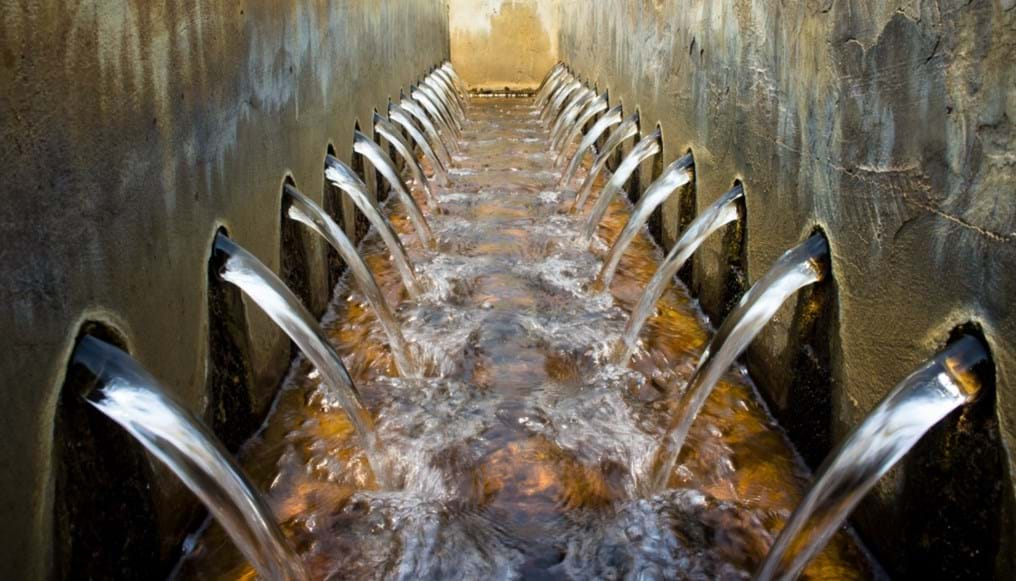The zero water ambition (Day 83)

18th August 2014

Most industries are working to reduce their water usage and many companies have business targets to reduce water consumption. Some even have the ambition of running 'zero water' factories.
But what are 'zero water' factories and are they really achievable?
In essence, 'zero water' means being water neutral. The factory collects its own water from rainfall, which is then used and reused in all its processes.
If you've got enough rainfall and you apply chemical engineering principles - in theory - it's achievable on a wide scale.
So how close are we to them? Well, many factories are making great progress, and some have achieved the goal.
The Ford motor company has recently announced it has achieved its water reduction target two years ahead of schedule. This has contributed to a 61 per cent reduction in its total global water use since 2000.
Between 2012 and 2013, the amount of water used in the manufacture of each Ford vehicle has reduced by five per cent.
These results have been achieved by measures including the introduction of cooling towers, and better paint operations. By using a technique of minimum quantity lubrication (MQL) a small amount of oil is used instead of conventional wet machining.
MQL alone can save 1.28 million litres of water per year. Adoption of this technology in the Cologne engine plant reduced water use per engine by 50 per cent between 2011 and 2012.
Ford use reverse-osmosis (RO) processes to recycle water in several production plants. In Pretoria, South Africa an on-site wastewater treatment plant has increased water reuse by up to 15 per cent.
And the Chennai Assembly Plant in India recycles 100 per cent of its water.
In the future there will be a growing number of ‘zero water’ factories. It makes good business sense and can add value to a brand.
It's an issue and opportunity that needs to be fostered at undergraduate level to ensure the concept and ambition of 'zero water' becomes a standard of chemical engineering design.
*************************************************************************************************
Are you working on 'zero-water' projects?. Please get in touch